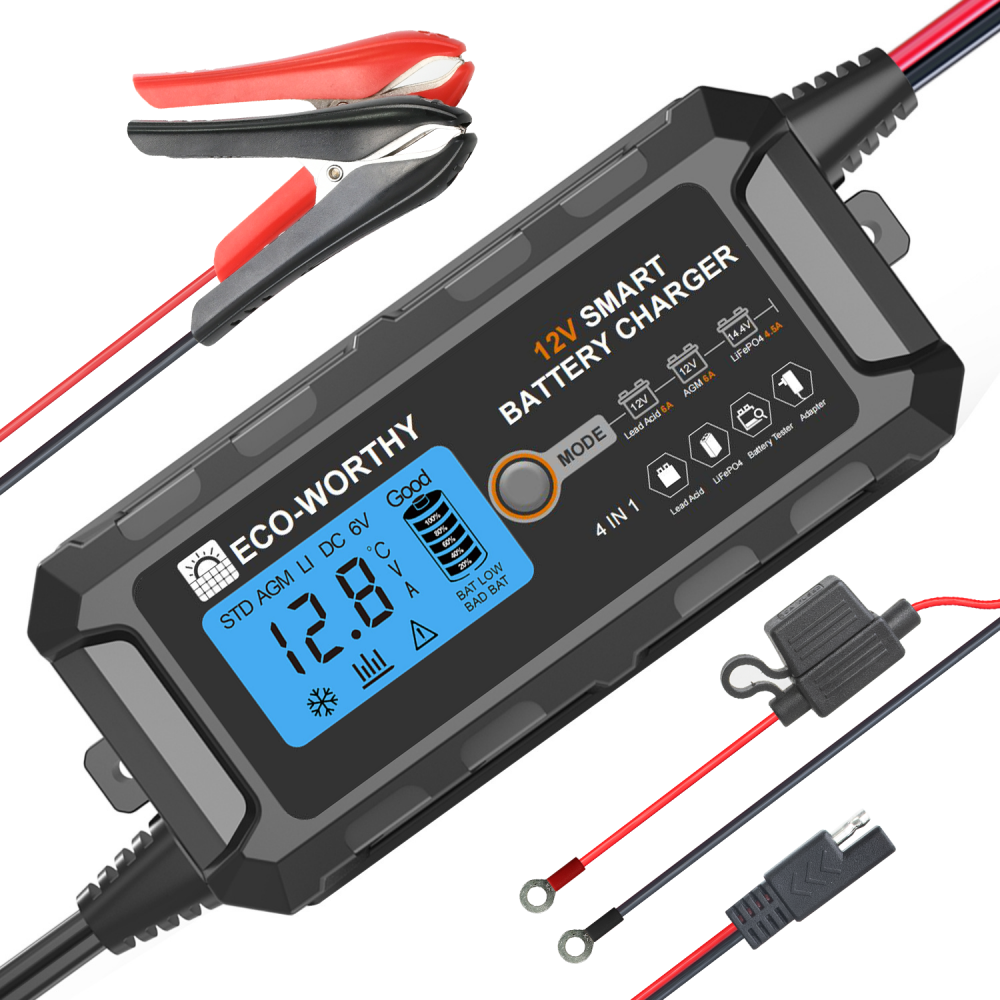The Evolution of Mobile Chargers: From Wall Plugs to Wireless Technology
Cuerpo
The charger has undergone a remarkable transformation over the years, evolving from simple wall plugs to sophisticated wireless technologies. This evolution reflects not only advancements in technology but also the changing needs of consumers in a fast-paced digital world.

Early Days of Mobile Charging
In the early days of mobile phones, chargers were primarily bulky wall adapters that connected to the device via a wired connection. These chargers were often specific to the model of the phone, leading to a plethora of different charging solutions. Have you ever wondered how inconvenient it was to carry multiple chargers for different devices?
"The first mobile chargers were not only cumbersome but also limited in functionality."
The Rise of Universal Chargers
As technology progressed, the concept of universal chargers emerged. This innovation allowed users to charge multiple devices with a single charger, significantly reducing the clutter associated with multiple charging cables. The introduction of the USB standard played a pivotal role in this transition. Today, most smartphones and tablets utilise USB-C connectors, which offer faster charging speeds and improved compatibility.
- Universal chargers reduce cable clutter.
- USB-C connectors provide faster charging.
- Compatibility across multiple devices enhances user convenience.
Wireless Charging: A Game Changer
In recent years, the advent of wireless charging technology has revolutionised the way we think about charging our devices. This technology utilises electromagnetic fields to transfer energy between a charging pad and the device. As a result, users can simply place their devices on a pad without the need for physical connections. This innovation not only simplifies the charging process but also reduces wear and tear on charging ports.
For instance, the Anker Wireless Charger exemplifies the convenience of wireless charging. With its sleek design and efficient charging capabilities, it has become a popular choice among consumers.
Future Trends in Charging Technology
Looking ahead, the future of chargers appears promising. Innovations such as solar-powered chargers and fast-charging technologies are on the horizon. Additionally, the integration of artificial intelligence in charging systems could optimise charging times based on user habits. If these trends continue, we may soon see chargers that not only power our devices but also enhance their longevity.
"The future of charging technology is not just about speed; it's about sustainability and efficiency."
Conclusion
In conclusion, the evolution of mobile chargers from traditional wall plugs to advanced wireless technology highlights the dynamic nature of consumer electronics. As we embrace these innovations, it is essential to stay informed about the latest developments in charging technology. Whether you prefer the reliability of a wired connection or the convenience of wireless charging, understanding the options available will empower you to make informed choices.
For more insights into the latest charging technologies, check out this informative video on charging innovations.










Comentarios